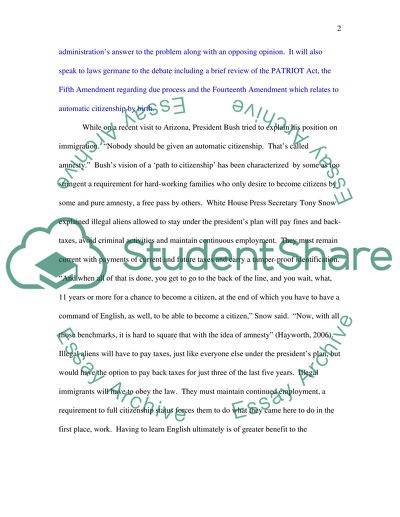Cite this document
(The Immigration Debate from a Legal, Economic and Social View Term Paper, n.d.)
The Immigration Debate from a Legal, Economic and Social View Term Paper. Retrieved from https://studentshare.org/law/1544961-mexican-immigration
The Immigration Debate from a Legal, Economic and Social View Term Paper. Retrieved from https://studentshare.org/law/1544961-mexican-immigration
(The Immigration Debate from a Legal, Economic and Social View Term Paper)
The Immigration Debate from a Legal, Economic and Social View Term Paper. https://studentshare.org/law/1544961-mexican-immigration.
The Immigration Debate from a Legal, Economic and Social View Term Paper. https://studentshare.org/law/1544961-mexican-immigration.
“The Immigration Debate from a Legal, Economic and Social View Term Paper”, n.d. https://studentshare.org/law/1544961-mexican-immigration.


